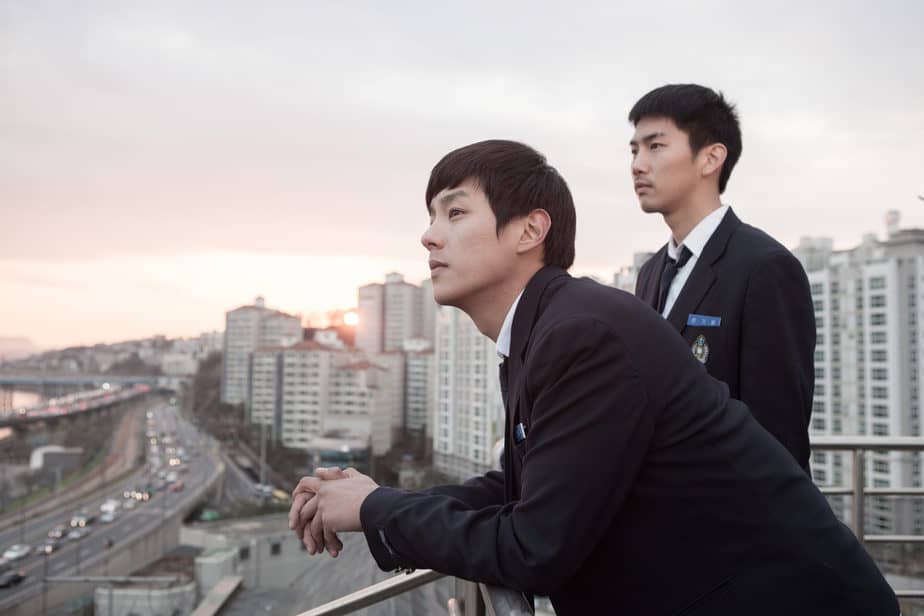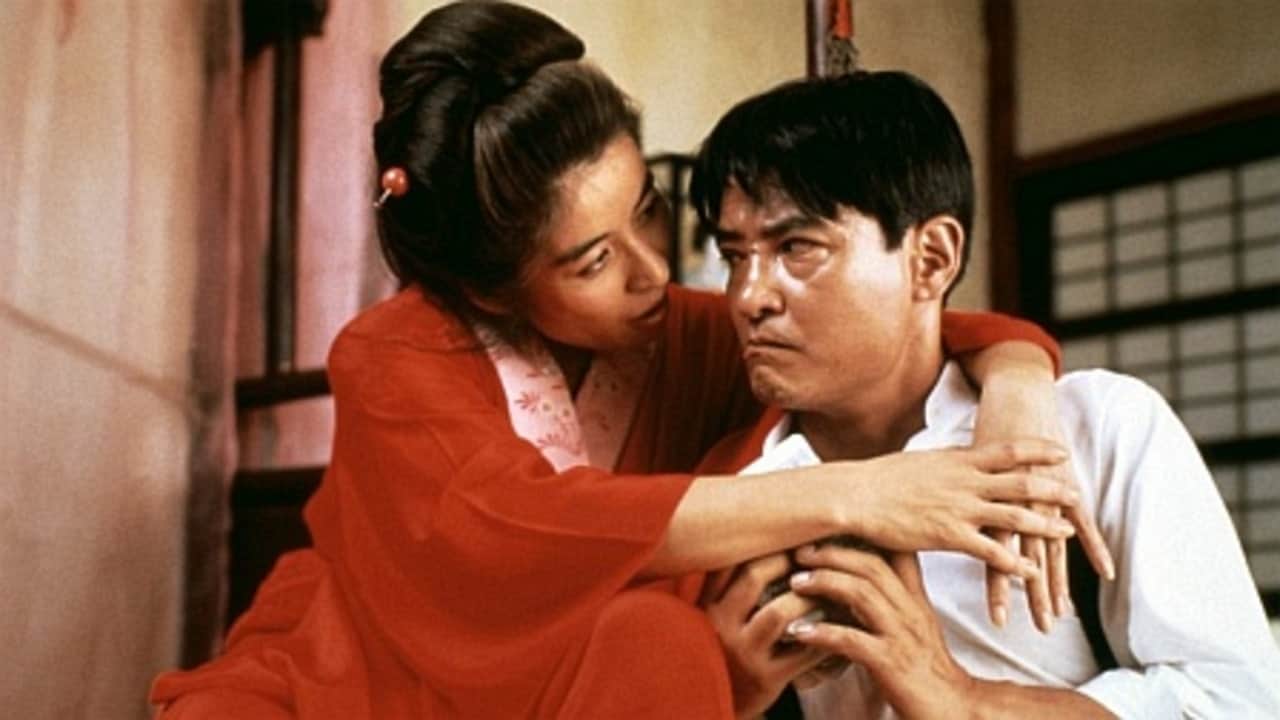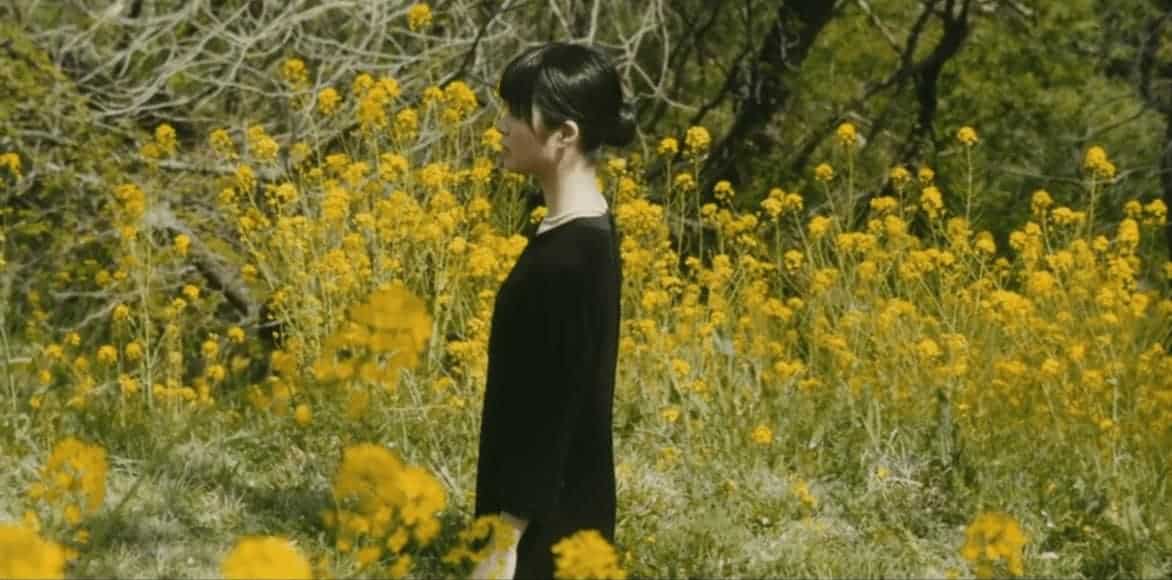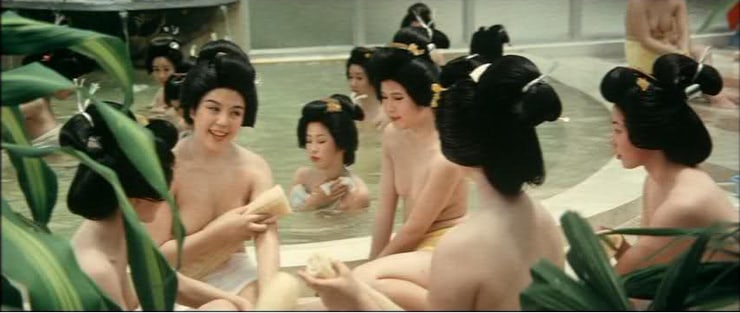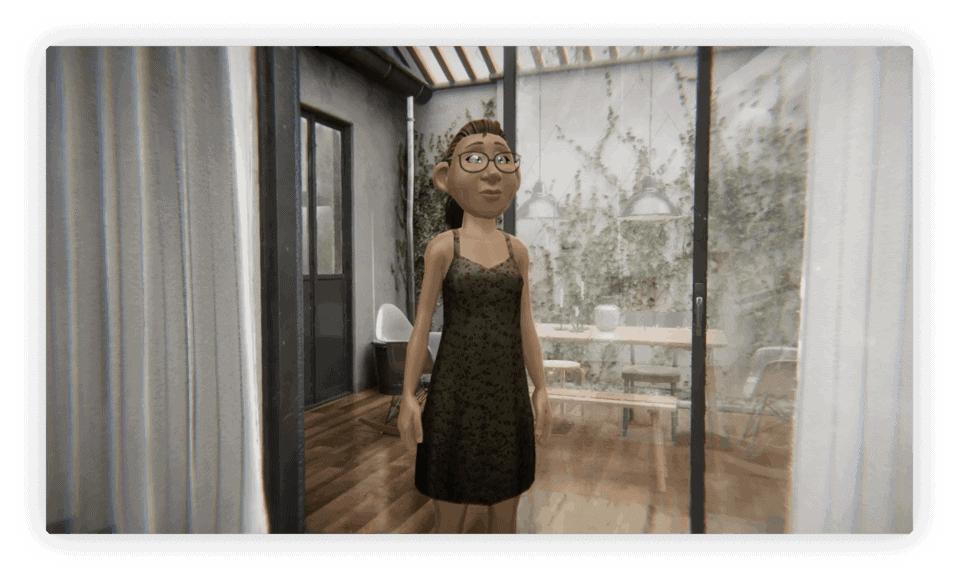Heralded for his honest portrayals of homosexuality in Korea, openly gay director Lee Song Hee-il cemented his solid reputation garnered from his 2006 debut feature length “No Regret” with the tryptic “One Night and Two Days.” Melodramatic yet genuine, his movies never shy away from depicting the ostracism that comes with being such a minority in Korea, oftentimes embedding subtle commentaries on the pressurised academic settings rife found in modern Korea within them. In “Night Flight,” the thematically rich follow-up to his successful trilogy, Lee Song continues his broad insight into the lives of disillusioned and disenfranchised youths, following three formerly tight-knit students as they each begin to pursue vastly different paths. After debuting at the (64th) Berlin International Film Festival, “Night Flight” continued to be a mainstay on the festival scene, creating faint buzz for its occasionally shocking forthrightness. Though not without its hiccups, Lee-song's most assertive project to date certainly succeeds in playing with its audience's emotions, and warranted its widespread festival circuit stint.
Just as easily as Shin Yong-joo (Kwak Si-yang), Han Gi-woong (Lee Jae-joon) and Ko Gi-taek (Choi Joon-ha) became firm companions in their younger days, the trio have drifted apart. The former, Yong-joo, is a closeted homosexual, struggling to find his place in society and maintain his enviable grades. As it happens, he harbors romantic feelings for his old ally Gi-woong, who himself struggles to fit in, and sees himself recruited as the henchman of the school gang, absent of any academic prospects. Moreover, Gi-woong's clique have selected the overweight outcast Gi-taek as their next target, subjecting him to relentless bathroom beatings and overpass thrashings.
Soon though, with university entrance exams imminent, these frail new allegiances and previous relationships are fractured even further. Yet, just as easily as the weight of pressure can pull people apart in bouts of self-preservation, it can just as powerfully push them together. Most notably Yong-joo and Gi-woong, who respectively find their lives in turmoil, but offer some remnants of comfort to each other after an initially unpleasant rekindling. However, with threats of expulsion, outings of sexualities and startling betrayals never too far away, this is anything but a clear-cut heartwarming tale of reconnection.
Flitting between bleak, inescapable showings of societal inequality and tender, careful moments of healing, “Night Flight” is a multi-layered effort which may not consistently hit the mark, but cannot be accused of being unambitious. At its core, this story of three youths who struggle to find their place in a society which favours the “normal” majority is compelling, and never quite feels stale despite its hefty runtime and methodical pacing. Admittedly, some portions do feel underdeveloped, such as appearances from Yong-joo's homosexual friend, who himself could have been more interesting, yet seems to exist simply as a symbol of his friend's eventual self-acceptance. Additionally, there is the issue of Gi-taek, who never quite develops past an angst-imbued victim who searches for an opportunity to break away from being at the bottom of the high-school food chain. Fortunately, such negatives are seldom detrimental to the movie itself, and for every tepid, inconsequential argument over a stolen bike, there is an equally resonant piece of growth, or at least an intriguing moment of psychological development.
Most disappointingly though, and perhaps also surprisingly given the context of the filmmaker, the poorest characterisation is that of Yong-joo. At first, the teenager comes across as borderline obsessive towards his supposed friend Gi-woong, and even when barriers are eased and the audience becomes more inclined, he still feels cloudy in motivation. Of course, some of this ambiguity is undoubtedly because these are pressured students figuring out their places in society, but Yong-joo reinforces negative stereotypes just as vehemently as his character attempts to change outdated narratives. Granted, he is afforded one moment of unfeigned confidence in his identity towards the story's latter end, but such transient instances fail to wholly redeem a character who embodies clichéd storytelling, whether reflective of society or not.
Thankfully, Lee Song does do a convincing job in developing the subject of Yong-joo's fondness, Gi-woong. Initially shrouded in mystery and reliant on a harsh exterior, the moustached student sees his facade carefully chipped away throughout the runtime. Thus, when his overarching vulnerability and inherent loneliness culminates in an overblown final sequence of violent protection, it does not seem far-fetched. Rather, it is an accurate amalgamation of Gi-woong's rash personality, and encompasses his desperation to effectuate a meaningful relationship with anyone as long as they care. By far the most interesting member of the lead trio, Gi-woong is an inherently flawed, but nonetheless sympathetic and investable protagonist.
Continuing, in such a character-driven story, the success of its execution often depends on the strength of its actors, all of whom fulfil their roles here aptly. Most notably, it is Lee Jae-joon who excels above his contemporaries during the film, coating his performance as Gi-woong with a tangible chariness. Dedicated to making his role believable as a post-pubescent man at the bottom of the academic hierarchy, Lee exemplifies his character's scruffy, jagged look, supplementing it with insecure mannerisms and callow facial expressions. Also dependable is Kwak Si-young, who captures the anxiety and trepidation of a closeted individual seamlessly. It may not be entirely flawless, but it is nonetheless engaging, and helps Kwak's character break free of some of the tropes it is saddled with.
Furthermore, a rather understated aspect of the movie's composition comes from the cinematography. Rooted in modesty, Yoon Ji-woon does a brilliant job at maximising the strength of the noticeably low-budget locations, drawing reactions from his smart filtration work and emotive wide-shots of the differing landscapes. Consequently, “Night Flight” has a vast amount of delicacy to its visuals, culminating in distinguishable dispositions of each setting, whether it be the gritty overpass or the militaristic, taut school building.
In conclusion, “Night Flight” is absorbing conceptually, but often falls victim to congested narrative threads and temporary losses of clear direction. At its best, it is a truly affecting piece of cinema, one that scathingly critiques the “monsters” a relentless school system can breed, whilst also accurately reflecting the woes many youths face to this day. At its worst though, it is a plodding, partially self-indulgent effort which fails to pack the resounding punch necessary to distinguish the movie as great, not just okay. Fundamentally offering appetizing food for thought but skimping on its main course, “Night Flight” is still worth watching, even if it habitually fails to match its lofty ambitions.


